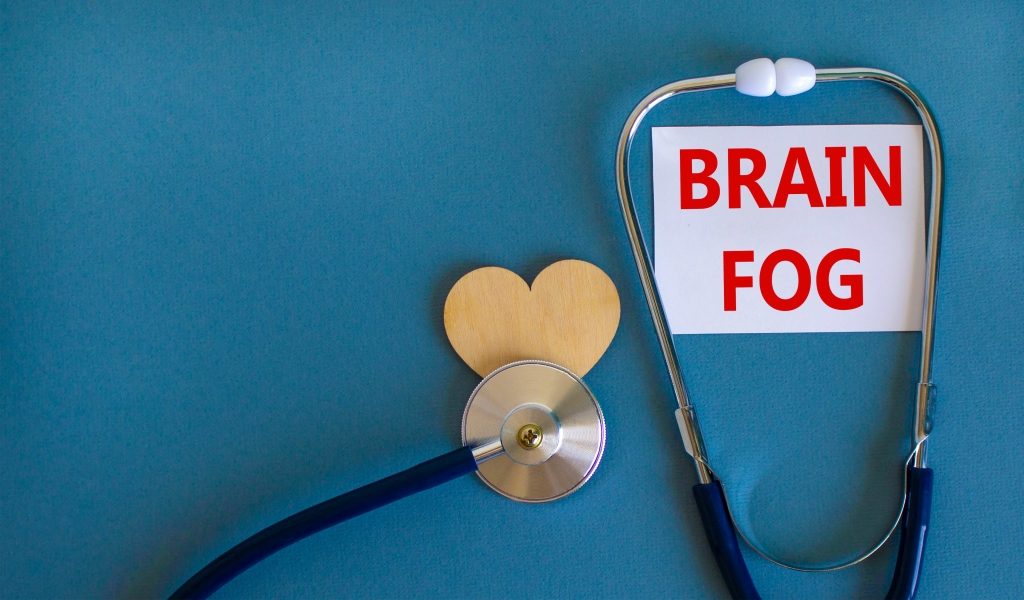Cognitive behavioural interventions in addictive disorders PMC
The brain regions and neural processes that underlie addiction overlap extensively with those that support cognitive functions, including learning, memory, and reasoning. Drug activity in these regions and processes during early stages of abuse foster strong maladaptive associations between drug use and environmental stimuli that may underlie future cravings and drug-seeking behaviors. With continued drug use, cognitive deficits ensue that exacerbate the difficulty of establishing sustained abstinence.
- The human brain continues to develop and consolidate important neural pathways from the prenatal period through adolescence.
- Drug activity in these regions and processes during early stages of abuse foster strong maladaptive associations between drug use and environmental stimuli that may underlie future cravings and drug-seeking behaviors.
- The therapist and patient collaboratively review the advantages/disadvantages of engaging in substance use or addictive behaviour.
- He believed that drinking helped him across many domains of life (positive outcome expectancies regarding alcohol use and its effects, stage of change).
- Sometimes, we can even get caught up in behaving or reacting a certain way that doesn’t necessarily align with how we really feel — and then we end up feeling lost.
But you also enjoy smoking so much and you tell yourself it’s worth the risk. You also tell yourself that people really exaggerate how dangerous smoking is. After all, you know people who smoke who have lived very long lives. You also think that no one can avoid every dangerous thing in life, right? Then, of course, you tell yourself that if you quit smoking, you might gain weight, which is also bad for your health.
Social pressures
This can prompt people to adopt certain defense mechanisms when they have to confront it. Problem solving therapy (PST) is a cognitive behavioural program that addresses interpersonal problems and other problem situations that may trigger stress and thereby increase probability of the addictive behaviour. The four key elements of PST are problem identification, generating alternatives, decision making, implementing solutions, reviewing outcomes and revising steps where needed. Problem orientation must also be addressed in addition to these steps, and the efficacy of PST increases when problem orientation is addressed in addition to the other steps25,26. Training in assertiveness involves two steps, a minimal effective response and escalation.
- People who experience dissonance but have no way to resolve it may also feel powerless or guilty.
- That slight feeling of discomfort we perceive when noticing this mismatch is called cognitive dissonance.
- Relapse prevention programmes are based on social cognitive and cognitive behavioural principles.
- This is especially true for people who suffer from addiction to drugs and alcohol.
- Cognitive dissonance can feel a lot like anxiety and stress — and they often come paired together.
- When faced with a deadline, you could even cut corners to accomplish a task, but then experience discomfort when it’s done because you value hard work.
If you experience cognitive dissonance, think about what result each of these actions will have in the long term before adopting them as a coping strategy. The subconscious mind resolves cognitive dissonance by changing the individual’s perception of reality to restore balance as a mental defense mechanism. We are driven to reconcile those conflicting thoughts, beliefs, and desires or behaviors to preserve harmony in our minds and make ourselves feel rationally better. Cognitive dissonance is the tension that is perceived by the conflict of a belief and an opposing desire with which the mind is faced. “We did find support for the existence of cognitive dissonance within our sample. Ascribing fewer capabilities to marine animals was thus one of the strategies our sample used to alleviate their experience of cognitive dissonance.”
Substance Abuse as an Example of Cognitive Dissonance
In one study, researchers asked participants to give speeches that would encourage the audience to take a certain positive action. When we say “yes” to a choice, whether it’s as small cognitive dissonance addiction as what to order for lunch or as big as where to live, we have to say “no” to something else. This can be a difficult decision when the choices feel equally good or equally bad.

The addict is not being deliberately willful is because they believe their own justifications. It is believed that part of the reason for why these people can act so irrationally is cognitive dissonance. Cognitive dissonance is the fundamental coping mechanism that people abusing drugs use throughout their active addiction and can often follow them into recovery. The cognitive dissonance is effectively wiped clean by changing how they feel towards their addiction.
Cognitive Dissonance in Addiction and Recovery
They believe that no amount of help is needed, there is no help available, or that treatment can’t help them and recovery is unattainable. Again, an addict’s brain is different from someone who is not addicted to drugs and alcohol. For example, a person who tends to binge drink will justify their behavior by saying it is just a couple drink when in reality it is an excessive amount in a short period of time. Addicted individuals crave drugs and alcohol, which distorts their ability to process information.

The greatest strength of cognitive behavioural programmes is that they are individualized, and have a wide applicability. Relapse prevention (RP) is a cognitive behavioural treatment program, based on the relapse prevention model27,28. A psycho-educational self-management https://ecosoberhouse.com/ approach is adopted in this program and the client is trained in a variety of coping skills and responses. Maladaptive beliefs and expectancies are modified using cognitive techniques. The client is also encouraged to change maladaptive habits and life style patterns.
Overcoming Cognitive Dissonance in Addiction Recovery
It was proven that individuals tend to look for some sort of stability and dependability with their attitudes, perceptions, and thoughts. People fail to realize that everyone has different feelings and beliefs, which will influence how they are going to behave. Cognitive means thinking, and dissonance means a lack of harmony between two things.



